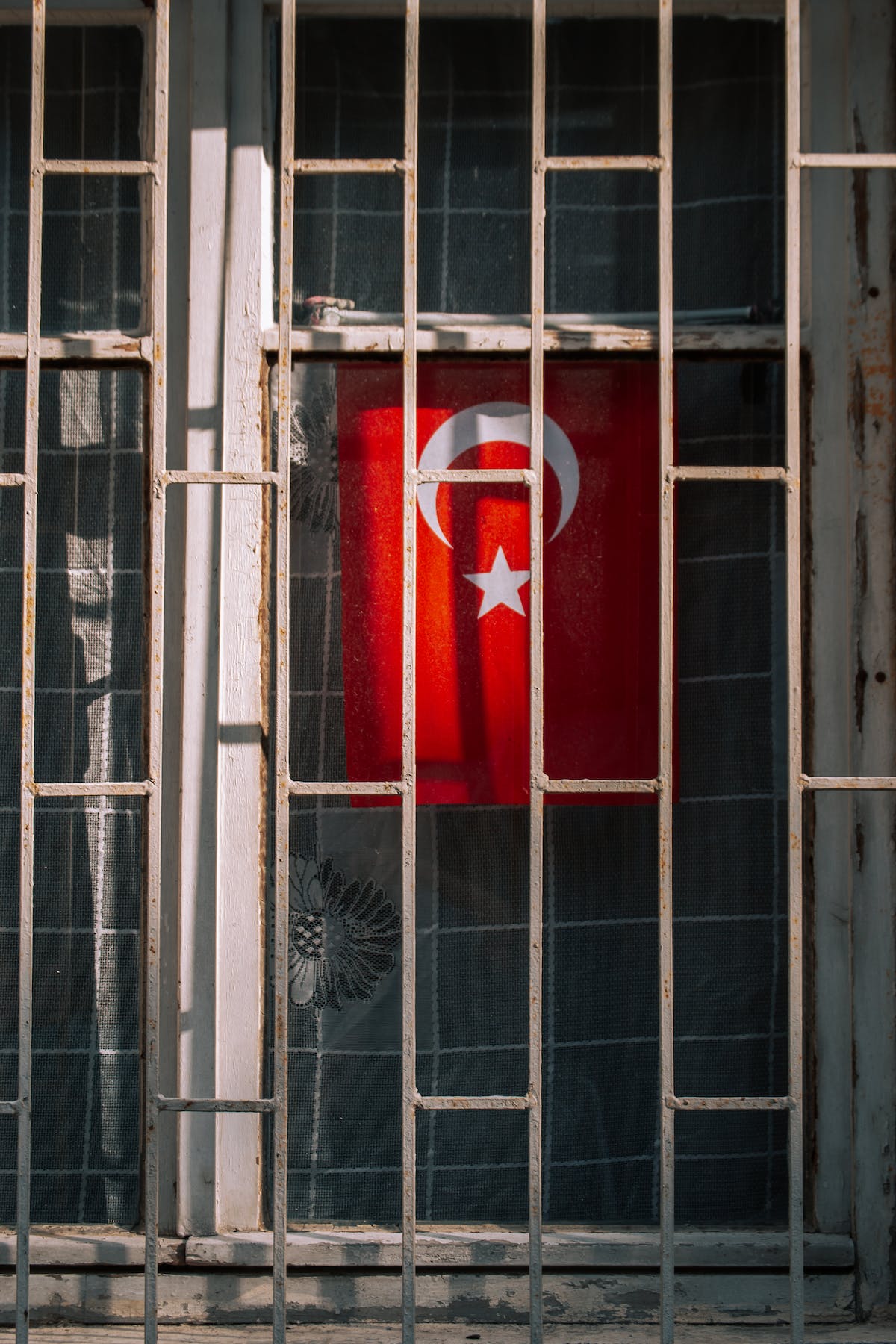Izmir: teachers and citizens on the streets against imams in schools
The local branch of Diyanet has assigned 800 religious experts in primary and secondary institutions, accounting for one-third of the city's total schools. A pilot project, endorsed by the government, assigns imams the role of "spiritual guides and educators." A further sign of the country's Islamization. Turkish journalist calling for respect for prisoners' rights, including Abdullah Öcalan, arrested.
Istanbul - The teachers' union and secular parties in Izmir (Izmir), on Turkey's west coast, have promoted protests against the decision of the local Religious Affairs Office (Diyanet) to appoint Islamic imams and preachers in one-third of elementary and secondary schools.
According to the promoters' intentions, the Islamic leaders will function as "spiritual guides and educators" within the institutions, promoting the morals and dictates of the Muslim faith. Activists and critics are attacking the decision made by radicals and conservatives, whose sole purpose is to tighten control over schools and educational programs, as part of a program that could soon be extended to the rest of the country.
Signed by the Ministry of Education, the Ministry of Youth and Sports, and the Diyanet in 2021, the protocol targeting the appointment of (Muslim) spiritual advisers is just the tip of the iceberg of a policy of increasing "Islamization" of schools and the country.
The pilot project, endorsed by the government and President Recep Tayyip Erdogan, who has close ties with Religious Affairs, envisions the presence of imams and scholars as "guides" in primary and secondary institutions.
The decision that has raised an outraged reaction from most families in Izmir, a largely secular and secular center in a nation where the presence of (Muslim) religion in the private spheres of citizens' lives is growing.
The Cedes project, an acronym for "I Protect My Environment and Vindicate My Values," has stoked fears that the powerful Diyanet-strong conservative Justice and Development Party's (Akp) election victory-will intensify efforts to strengthen its hegemony in the education system. Nejla Kurul, president of the teachers' union Egitim-Sen, expressed her concerns to CanTv, an independent broadcaster.
"This," she says, "is not an innocent project aimed at creating awareness about the environment and providing values-based guidance. It is yet another attempt to impose the Sunni Islamic lifestyle on children and undermine the secular education system, which should be protected by the Constitution. Diyanet is making its way step by step into education, which is the responsibility of the Ministry of Education."
Triggering the protest of teachers and parents is the media-reported assignment of at least 800 imams and religious leaders to as many schools in the city by the Izmir Religious Affairs Office, amounting to one-third of the city's total number of institutes and schools.
For the past two weeks, several parent associations, leftist movements (halkevleri) and opposition parties led by the Republican Chp have been demonstrating shouting "teachers to schools, imams to mosques." A struggle for secularism, in a city that has Jewish, Catholic and Orthodox communities within it and is home to some 800,000 Alevis, heterodox Muslims who represent about 20 percent of Turkey's more than 80 million inhabitants.
Also from Turkey in recent hours comes news of the arrest of journalist Merdan Yanardağ, who went to prison for criticizing the prison conditions of Pkk (Kurdish combatant movement, considered a terrorist organization by Ankara) leaders.
The reporter called for, among others, the protection of Abdullah Öcalan's own rights, starting with the possibility of meeting family members in his cell. For the Istanbul judiciary, the journalist's words are "propaganda" in favor of a "terrorist organization" and for this he has been detained and is facing trial.
In an interview with TELE1 Merdan Yanardağ said, referring to Öcalan, that he is "the longest-serving political prisoner in Turkey. If normal laws were in place," he added, "he should actually be released," but he remains in prison in a "hostage" status used by authorities as a "threat.
After spending the night in the cell, the court ordered Yanardağ to be remanded in custody for the crime of "propaganda." Since his incarceration in 1999, Öcalan has been allowed only a few visits to lawyers and family members.
17/08/2022 11:53








.png)










